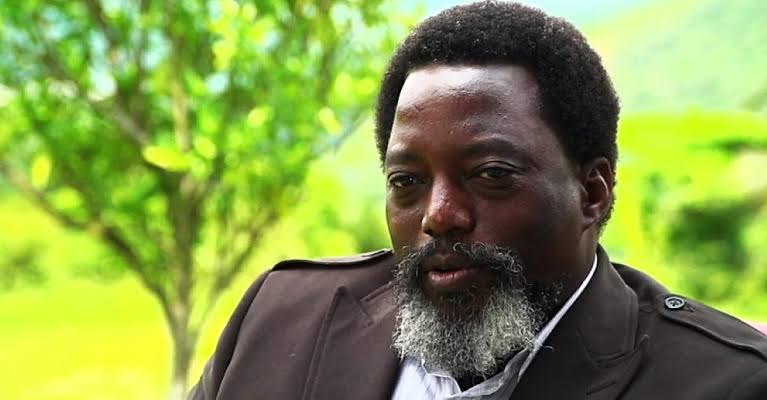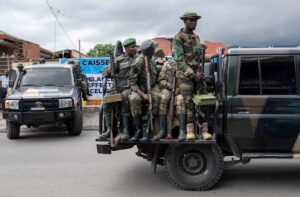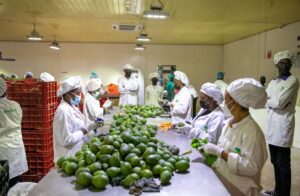The Democratic Republic of Congo (DRC) has initiated proceedings to strip former President Joseph Kabila of his immunity from prosecution. The government aims to bring Kabila to trial on charges of supporting the M23 insurgency in the eastern part of the country. This move comes as the DRC government seeks to finalize a peace agreement this week to address the ongoing conflict.
Joseph Kabila, who stepped down in 2018 after nearly two decades in power, has been residing outside the DRC since late 2023, primarily in South Africa. In the past month, he expressed his intention to return to the DRC to contribute to resolving the crisis in the east, where the Rwandan-backed M23 rebels have gained control over significant territories this year. Kabila has denied allegations of supporting the rebels.
However, Kabila’s potential return to the DRC could complicate ongoing efforts to end the rebellion in eastern Congo, a region rich in valuable minerals. These efforts include a U.S.-backed initiative that aims to foster responsible mining practices in the area.
Congolese Justice Minister Constant Mutamba announced on Wednesday that the Congolese army’s attorney general has requested the Senate to revoke the senatorial immunity Kabila currently holds as a senator for life.
Mutamba stated that the DRC has gathered substantial evidence of “war crimes, crimes against humanity, and massacres of peaceful civilians and military personnel.” He added that Kabila should return to the DRC to face justice or risk being tried in absentia.
According to an agreement signed in Washington on April 25, the DRC and Rwanda have pledged to produce a draft peace agreement by May 2 and to refrain from providing military support to armed groups. However, as of Thursday, it remained unclear whether a final agreement would be ready for signature by Friday or what its specific terms would be.
Joseph Kabila assumed power in 2001 following the assassination of his father, Laurent-Désiré Kabila. His refusal to relinquish power when his final term officially ended in 2016 led to widespread protests. He eventually agreed to step down following the 2018 elections.
Recently, the DRC’s interior ministry suspended Kabila’s political party, the Party for Reconstruction and Democracy (PPRD). The justice ministry also announced plans to seize Kabila’s assets and the assets of other PPRD leaders.
Ferdinand Kambere, the PPRD’s permanent secretary, argued that the attempt to lift Kabila’s immunity demonstrates the government’s apprehension regarding Kabila’s return. He accused President Felix Tshisekedi, a political rival of Kabila, of exacerbating the crisis in the east.






